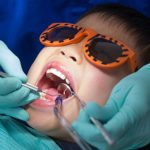Vaping After Wisdom Teeth Removal: When is it Safe to Start?
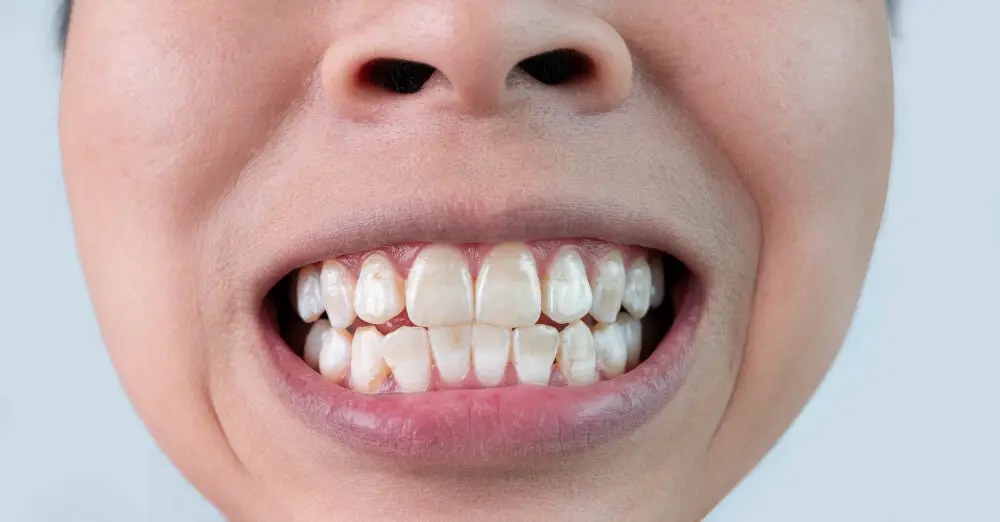
Wisdom teeth removal is a common oral surgery that many people undergo at some point in their lives. After the procedure, patients are often left with a lot of questions, one of which is when they can start vaping again. Vaping has become increasingly popular in recent years, and many people use it as an alternative to smoking. However, the effects of vaping after wisdom teeth removal can be a cause for concern, and patients need to understand the risks and the appropriate time to resume this activity. The timing of when it is safe to start vaping after wisdom teeth removal can vary depending on several factors, including the individual’s age, general health, and the extent of the surgery. Patients need to understand that vaping can cause dry socket, an uncomfortable and painful complication that can occur when the blood clot that forms after the surgery is dislodged. Therefore, it is crucial that patients follow their dentist’s or oral surgeon’s instructions carefully and avoid vaping until the appropriate time. By doing so, they can ensure a smooth recovery and avoid any unnecessary complications.
Wisdom teeth removal is a common dental procedure that involves the extraction of the third molars located at the back of the mouth. The procedure is usually done under local anesthesia, and patients are advised to follow post-operative instructions to reduce the risk of complications. Vaping after wisdom teeth removal can be a concern for some patients as it involves inhaling vaporized substances, which can irritate the surgical site and delay healing. It is important to wait until the surgical site has fully healed and any swelling or discomfort has subsided before resuming vaping. Patients should also avoid smoking and using any tobacco products during the recovery period as they can also interfere with healing.
Understanding Wisdom Teeth Removal

Wisdom teeth are the last set of molars that emerge in the back of the mouth, usually during the late teenage years or early twenties. In most cases, these teeth can cause pain, infection, or damage to the adjacent teeth due to the limited space in the jaw. Therefore, many dentists recommend removing them before they cause any problems. Wisdom teeth removal is a surgical procedure that involves cutting the gum tissue, removing the bone blocking the tooth, and extracting the tooth. It is typically done under local or general anesthesia, depending on the complexity of the case and the patient’s preference. After the procedure, the patient may experience pain, swelling, bleeding, and difficulty opening the mouth. Therefore, it is essential to follow the dentist’s post-operative instructions to ensure proper healing. These instructions may include taking pain medication, applying ice packs, avoiding hard or crunchy foods, and rinsing the mouth with saltwater. Vaping after wisdom teeth removal is a topic of concern for many patients, especially those who are regular vapers. Vaping involves inhaling and exhaling aerosolized nicotine or flavored liquids through an electronic device. Although vaping is less harmful than smoking, it can still cause several health issues, such as lung damage, heart disease, and addiction. Therefore, it is crucial to know when it is safe to start vaping after wisdom teeth removal. Generally, the dentist may advise waiting for at least 24-48 hours after the procedure before resuming vaping. This waiting period allows the blood clot to form in the extraction site, which is essential for proper healing. If the blood clot gets dislodged or dissolved prematurely, it can lead to a painful condition called dry socket, which requires additional treatment. Therefore, it is crucial to avoid any activity that may dislodge the blood clot, such as smoking, drinking from a straw, or spitting forcefully.
Wisdom teeth, also known as third molars, are the last set of molars to emerge in the back of the mouth. They usually appear between the ages of 17 and 25, although some people may never develop them at all. These teeth can cause problems if there is not enough space in the mouth for them to grow properly. In some cases, they may become impacted, meaning they are unable to emerge fully or at all, which can lead to pain, infection, and other complications. As a result, many people opt to have their wisdom teeth removed to prevent these issues from occurring.
Wisdom teeth, also known as third molars, often need to be removed due to a variety of reasons. One of the most common reasons is that the mouth is not big enough to accommodate them, causing them to become impacted and potentially leading to infection or damage to nearby teeth. Other reasons may include decay, gum disease, or the development of cysts or tumors. Additionally, if a patient is undergoing orthodontic treatment, having their wisdom teeth removed may be necessary to prevent shifting of the teeth. Overall, the decision to remove wisdom teeth is typically made on a case-by-case basis by a dental professional.
The recovery process after wisdom teeth removal can vary from person to person, but typically takes about 7-10 days. During this time, it’s important to follow your dentist’s post-operative instructions, which may include taking pain medication, using ice packs to reduce swelling, and avoiding certain foods. You should also avoid smoking or vaping, as the suction can dislodge the blood clot and delay the healing process. Once the initial healing period is over and your dentist gives you the green light, you can gradually resume normal activities, including vaping. However, it’s important to be cautious and listen to your body, as excessive vaping or nicotine use can still slow down the healing process and increase the risk of complications.
Risks of Vaping After Wisdom Teeth Removal
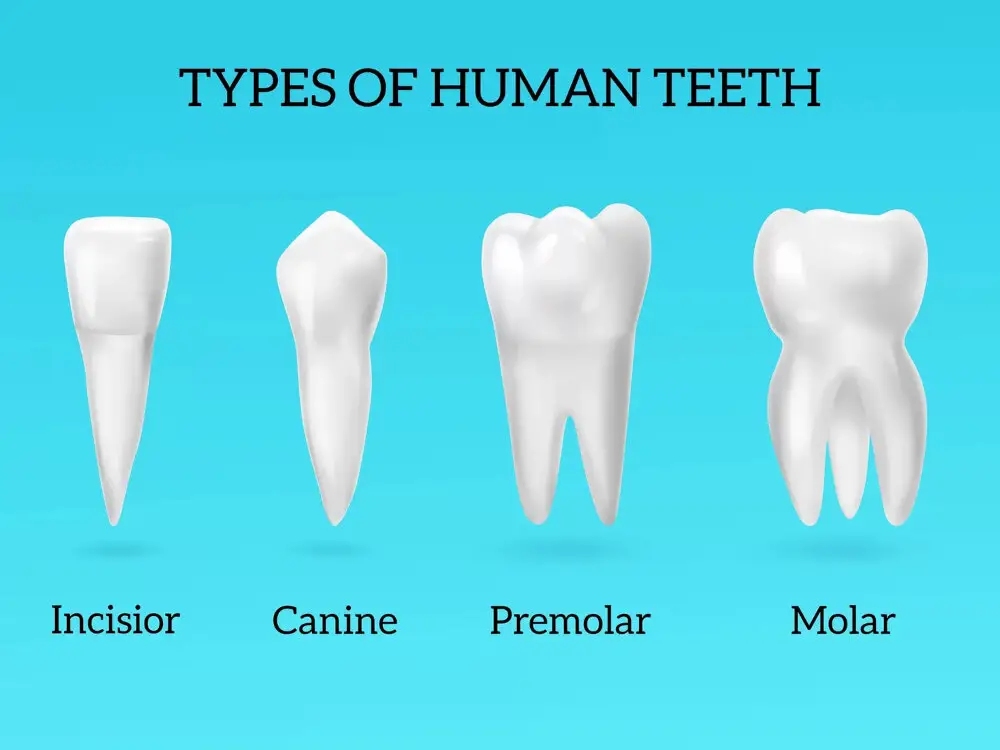
After wisdom teeth removal, patients are advised to avoid smoking for at least 72 hours to prevent complications such as dry socket. While vaping is often seen as a safer alternative to smoking, it still carries risks that can hinder the healing process. The act of vaping involves inhaling and exhaling vapor from an electronic cigarette or similar device, which can cause irritation and inflammation in the mouth and throat. This can lead to further discomfort and delay the healing process after wisdom teeth removal. Additionally, the chemicals and toxins present in vaping liquids can compromise the immune system, making it more difficult for the body to fight off infections that may arise from the surgical site. Furthermore, some vaping products contain nicotine, which can constrict blood vessels and decrease blood flow to the surgical site. This can impede the healing process and increase the risk of complications such as infection, bleeding, and dry socket. Nicotine can also increase the heart rate and blood pressure, which can place additional stress on the body during the healing process. Therefore, it is important for patients to consult with their dentist or oral surgeon before resuming vaping after wisdom teeth removal and to follow their instructions carefully to ensure a safe and speedy recovery.
Vaping, a popular alternative to smoking tobacco, has been touted as a safer option. However, the truth is that vaping is not completely harmless. The liquid used in e-cigarettes contains nicotine, which is highly addictive and can cause a range of health problems. Inhaling the vapor can also irritate the lungs and cause respiratory issues. Studies have also shown that vaping can affect heart health and increase the risk of heart disease. Additionally, the chemicals used in the liquid can cause damage to the mouth and throat, which can be particularly concerning for those recovering from wisdom teeth removal. While vaping may seem like a less harmful alternative to smoking, it is important to understand the potential risks involved.
Vaping after wisdom teeth removal can pose several risks to your oral health. The suction created when inhaling from an e-cigarette or vape pen can dislodge the blood clot that forms over the extraction site, leading to a painful condition called dry socket. Additionally, the nicotine in e-cigarettes can constrict blood vessels and slow down the healing process, making it take longer for the extraction site to heal. Furthermore, the chemicals and flavors in e-cigarettes can irritate the oral tissues and promote bacterial growth, increasing the risk of infection. Therefore, it is crucial to wait until the extraction site has fully healed before resuming vaping to avoid any potential complications and ensure a smooth recovery.
Vaping after wisdom teeth removal can lead to potential complications if done too soon. The suction required to inhale the vapor can dislodge the blood clot that forms in the socket, leading to a painful condition called dry socket. Dry socket occurs when the socket is exposed to air, food particles, and bacteria, leading to inflammation and infection. Vaping too soon can also delay the healing process, cause swelling, and increase the risk of bleeding. It is recommended to wait at least 72 hours after wisdom teeth removal before resuming vaping to ensure proper healing and avoid any potential complications.
When is it Safe to Start Vaping After Wisdom Teeth Removal?
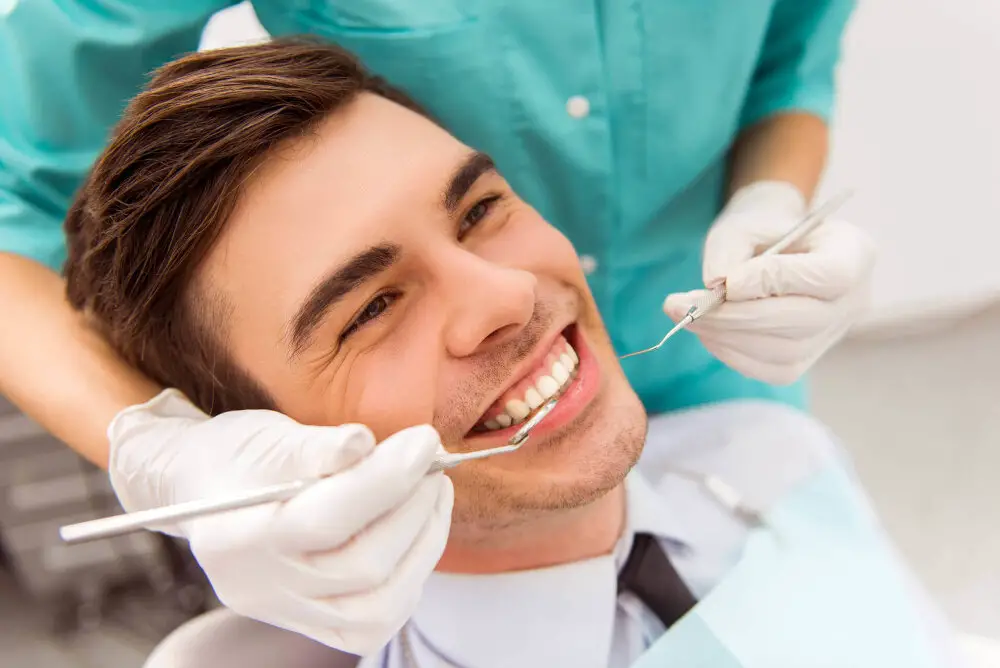
Wisdom teeth extraction is a common dental procedure that requires proper aftercare to ensure quick and successful healing. If you’re a regular vaper, it’s important to know when it’s safe to resume vaping after wisdom teeth removal. Vaping involves inhaling vapor from an electronic cigarette that contains nicotine, flavorings, and other chemicals. These chemicals can delay the healing process and increase the risk of complications if inhaled immediately after surgery. Therefore, it is advisable to wait a few days before you start vaping again. It’s recommended that you avoid vaping for at least 24-48 hours after wisdom teeth removal surgery. During this period, it’s crucial to avoid anything that could disrupt the blood clot formation in the socket where the tooth was extracted. When you inhale vapor from an electronic cigarette, the suction can dislodge the blood clot, leading to a painful condition called dry socket. Once the blood clot is fully formed, you can start vaping again, but be sure to take it slow and steady and avoid inhaling too deeply. Additionally, it’s important to keep your mouth clean and free of bacteria at all times to promote healing and prevent infection.
When it comes to vaping after wisdom teeth removal, there are several factors that determine when it is safe to start. Firstly, it is important to wait until the anesthesia wears off and you are fully alert to avoid any accidental burns or injuries. Secondly, it is crucial to allow the extraction site to heal properly before resuming vaping. This usually takes around 48-72 hours, but may vary depending on the individual case. Additionally, it is important to avoid drawing too hard on the vape and causing suction that could dislodge the blood clot and delay the healing process. Ultimately, it is best to consult with your dentist or oral surgeon to determine when it is safe for you to start vaping again after wisdom teeth removal.
The common timeline for recovery after wisdom teeth removal is typically around 7-10 days, during which time it is important to avoid smoking or vaping. This is because the suction created during smoking or vaping can dislodge the blood clot that forms in the extraction site, leading to a painful condition called dry socket. After the first week, however, it may be safe to resume vaping as long as caution is taken to avoid creating suction in the mouth. It is recommended to wait at least 72 hours after the extraction before attempting to vape, and to start slowly with small puffs and gradually increase as comfort and healing allows. It is always best to consult with your dentist or oral surgeon for specific instructions and guidance on when it is safe to resume vaping after wisdom teeth removal.
After wisdom teeth removal, it is essential to avoid vaping until it is safe to do so. Signs that indicate it is safe to start vaping again include the absence of pain or discomfort in the mouth, minimal bleeding or swelling, and the ability to open the mouth wide enough to accommodate the vaping device comfortably. Additionally, the absence of any signs of infection, such as fever, redness, or pus, also indicates that it is safe to vape again. However, it is advisable to consult with your dentist or oral surgeon before resuming vaping to ensure that the healing process is complete and there is no risk of complications.
Alternatives to Vaping After Wisdom Teeth Removal
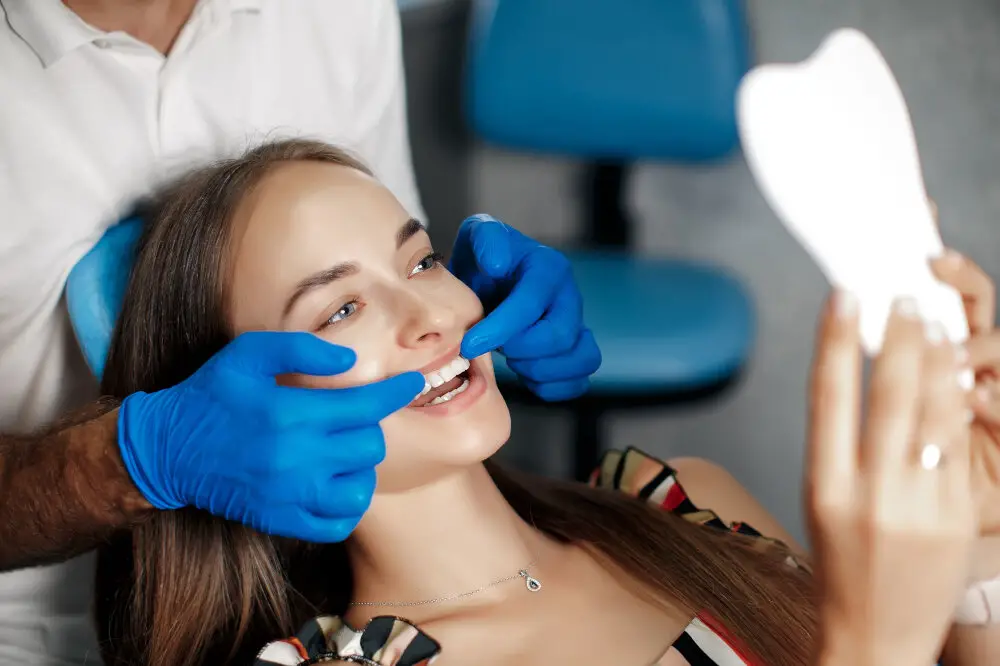
After getting wisdom teeth removed, it’s important to take proper care to avoid complications and promote healing. While vaping may seem like a safer alternative to smoking, it can still pose risks and may hinder the healing process. Fortunately, there are several alternatives to vaping that can help ease the urge to smoke without causing harm to the healing area. One alternative to vaping is nicotine gum or lozenges. These products provide a controlled dose of nicotine without the harmful chemicals found in tobacco products. They also do not require inhalation, which can be beneficial for those with healing wounds in the mouth. Another option is to try non-nicotine alternatives such as herbal cigarettes or electronic cigarettes that do not contain nicotine. These products may have a similar feel to smoking but do not have the same harmful effects on the body, making them a safer alternative after wisdom teeth removal. Ultimately, it’s important to consult with a healthcare professional to determine the safest options for each individual’s unique circumstances.
If you’re a smoker and have recently undergone wisdom teeth removal, it’s important to avoid smoking for at least 72 hours to prevent dry socket. However, if you’re struggling with nicotine cravings, there are other methods that are safer to consume after wisdom teeth removal. Nicotine patches, gums or lozenges are effective options to help reduce nicotine withdrawal symptoms. These methods can provide a controlled dose of nicotine without the need for inhaling smoke or vapor. It’s important to consult with your dentist or healthcare provider to determine the best method of nicotine replacement therapy for your situation. Remember, smoking or vaping after wisdom teeth removal can cause complications and delay the healing process, so it’s best to exercise caution and follow your dentist’s instructions.
Using alternative methods can have several benefits, particularly when it comes to post-operative care after a wisdom teeth removal procedure. Vaping, for instance, can be a safer, more convenient and less painful alternative to smoking or using traditional tobacco products, which can cause further irritation or infection in the surgical site. Vaping also allows patients to control the amount of nicotine they consume, which can help them manage their cravings and reduce their risk of addiction. Additionally, using alternative methods can promote faster healing, reduce the risk of complications and minimize discomfort, enabling patients to resume their normal daily activities sooner and with less interruption. Therefore, it is advisable to consider alternative methods, such as vaping, when seeking relief after wisdom teeth removal.
In conclusion, after wisdom teeth removal, it is crucial to avoid vaping for at least 48 to 72 hours to allow proper healing of the sockets. Vaping may disrupt the formation of blood clots and cause a dry socket, which can result in severe pain and discomfort. Furthermore, the chemicals in e-cigarettes can cause irritation and delay the healing process. It is recommended to wait until all symptoms of pain and swelling have subsided, and the sockets have fully healed before resuming vaping. It’s always best to consult with your dentist or oral surgeon for personalized advice on when it’s safe to start vaping again.
In conclusion, while vaping may seem like a harmless activity, it is essential to take precautions after a wisdom teeth removal surgery. It is best to wait at least 48-72 hours before returning to vaping to allow the blood clot to form and prevent dry socket. Additionally, switch to a lower nicotine concentration and avoid any hot or cold liquids that may cause discomfort or irritation. It is crucial to follow the dentist’s post-operative instructions to ensure a smooth and successful recovery. Always prioritize your health and consult with your dentist if you have any concerns or questions about post-operative care.
Conclusion
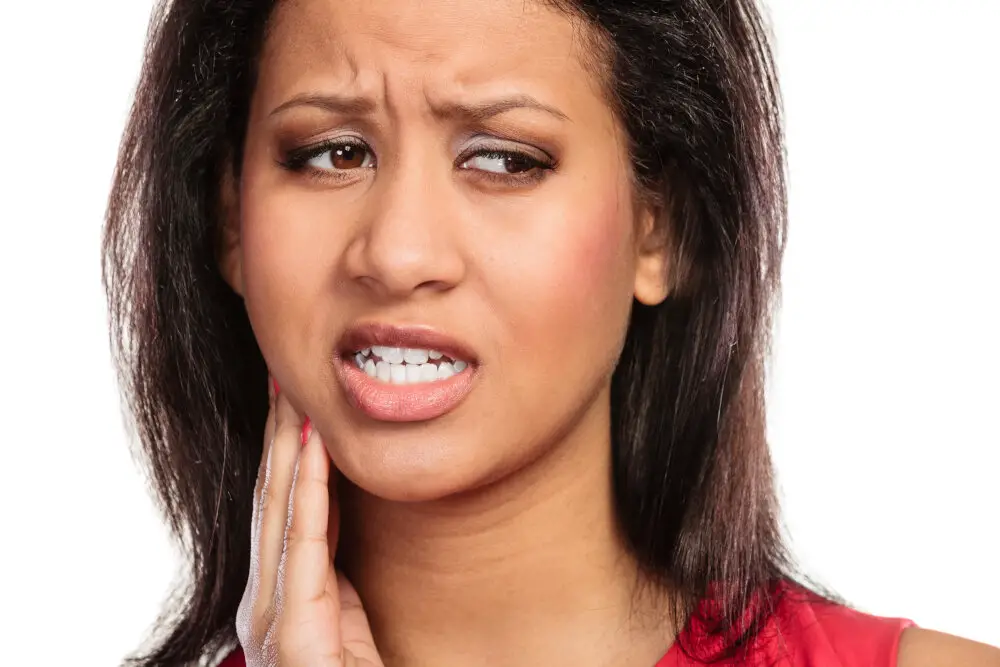
In conclusion, it is important to follow the instructions and recommendations given by your dentist or oral surgeon after wisdom teeth removal. Vaping after this procedure should be avoided for at least 72 hours to allow for proper healing and to prevent complications such as dry socket. It is also important to keep in mind that vaping, or any form of smoking, can have negative effects on oral health and can potentially hinder the healing process. It is best to wait until you have fully recovered before resuming vaping or smoking. Taking care of your oral health and following post-operative instructions will ensure a smooth and successful recovery after wisdom teeth removal.


